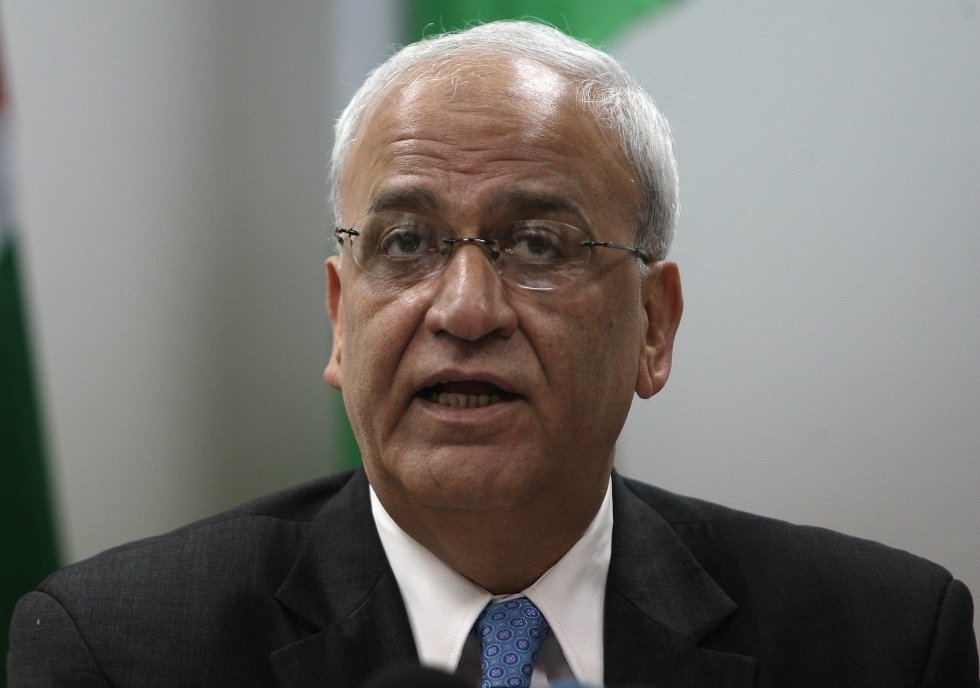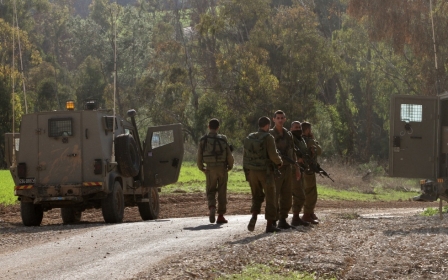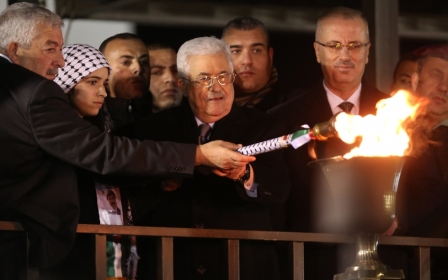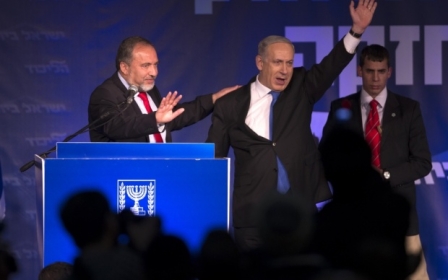Palestinian official calls Israel's freezing of taxes 'war crime'

Chief Palestinian negotiator Saeb Erekat has scathingly accused the Israeli government of behaving like “pirates” calling the Israeli decision to withhold Palestinian tax revenues a form of “collective punishment” against the Palestinian people and a “war crime.”
This comes on the back of the Israeli authority’s refusal to transfer $127mn (106 million euros) of tax revenue, that they had collected on behalf of the Palestinian Authority (PA), to the PA on Friday.
Erekat has refused to bow to the financial arm-twisting though and has made it abundantly clear that this sort of economic tactic will not work. “If Israel thinks that through economic pressure it will succeed in diverting our approach from freedom and independence, then it is wrong,” he told Associated Press. “This is the money of the Palestinian people and Israel is not a donor country.”
"This decision is a new Israeli war crime, but we won't back off in the face of those pressures," he told AFP.
An official confirmed to AFP on Saturday that the decision by the Israeli administration to freeze the transfer of the taxes was in direct retaliation for Palestine's application to join the ICC, which it made on Friday.
"The funds for the month of December were due to pass on Friday, but it was decided to halt the transfer as part of the response to the Palestinian move," said an official quoted by Israeli daily Haaretz.
Another official, who spoke on condition of anonymity, confirmed the report to AFP but would say no more.
Further countering the Palestinian move to join the ICC, sources close to an Israeli government official told AFP on Saturday that Israel is also considering filing war crimes suits overseas against Palestinian leaders in response to their ICC application.
The delay in the payment of this money - which Palestinian Prime Minister Rami Hamdallah confirmed had not been received on Friday - will have serious repercussions. According to the finance ministry the delay will make it hard to pay civil servants' salaries and will impact the effective running of schools and hospitals, as well as people's ability to buy basic items like bread and milk.
This is not the first time Israel has delayed payments to the Palestinians to signal its displeasure.
It did so in 2012, after they won a UN vote recognising Palestine as a non-member state.
It also employed the tactic twice in 2011 after President Mahmoud Abbas announced reconciliation with Hamas and after the Palestinians won admission to UNESCO.
Under the terms of an economic agreement between the sides signed in 1994, Israel transfers to the Palestinian Authority tens of millions of dollars each month in customs duties levied on goods destined for Palestinian markets that transit through Israeli ports.
The tax revenues make up around two-thirds of the Palestinian Authority's annual budget, excluding foreign aid.
Israeli judicial offensive
New MEE newsletter: Jerusalem Dispatch
Sign up to get the latest insights and analysis on Israel-Palestine, alongside Turkey Unpacked and other MEE newsletters
Middle East Eye delivers independent and unrivalled coverage and analysis of the Middle East, North Africa and beyond. To learn more about republishing this content and the associated fees, please fill out this form. More about MEE can be found here.




